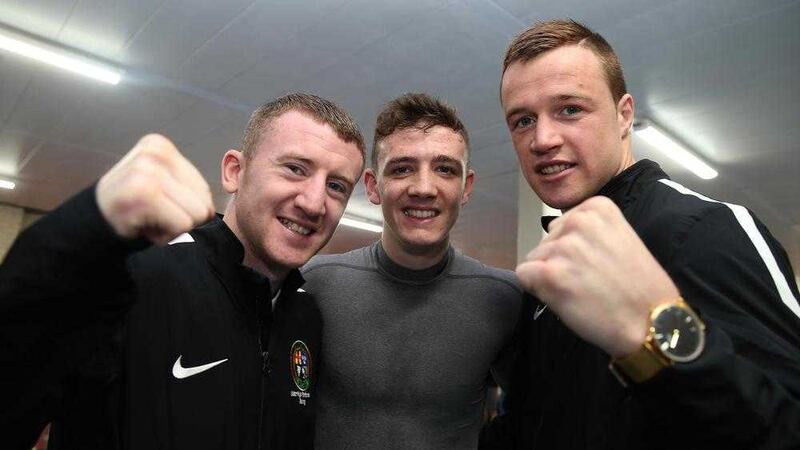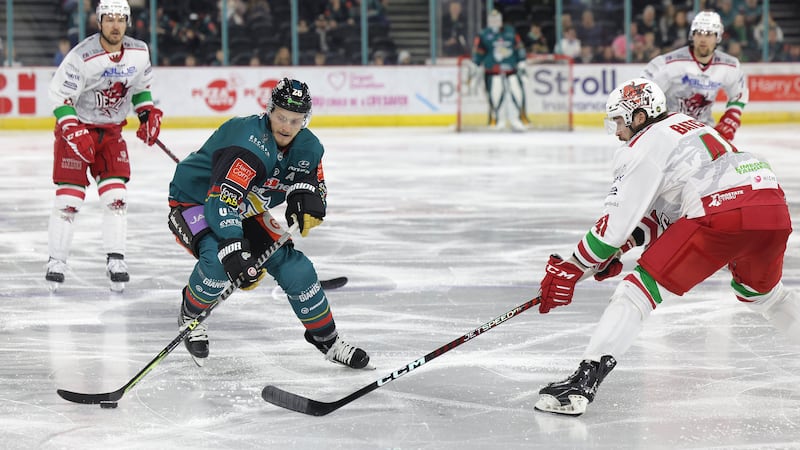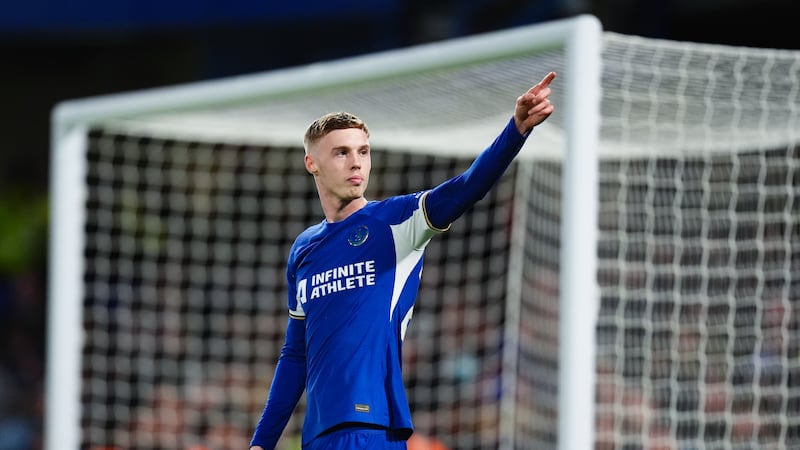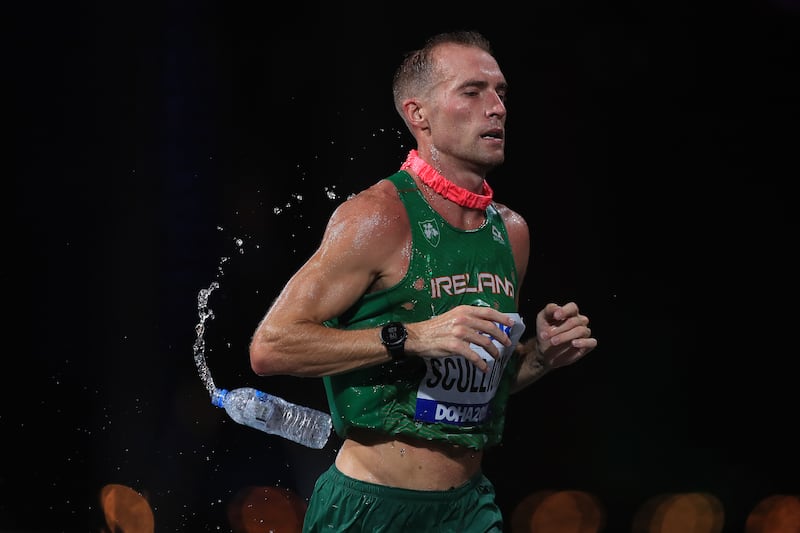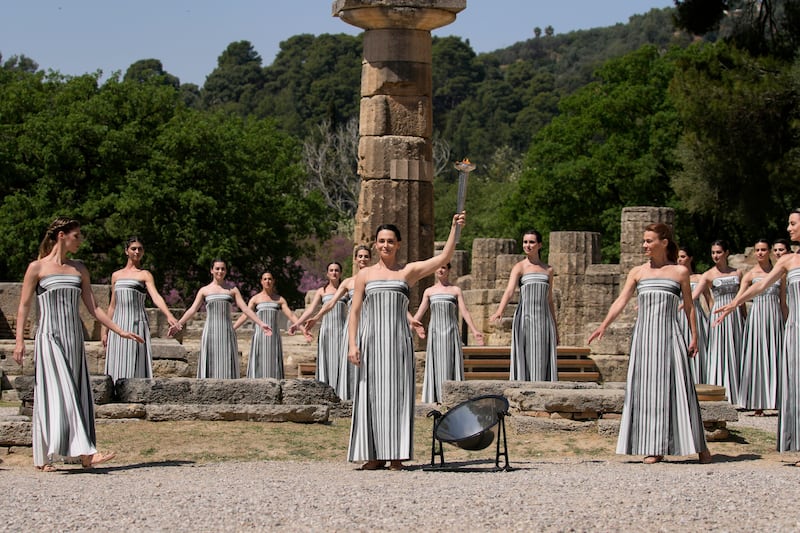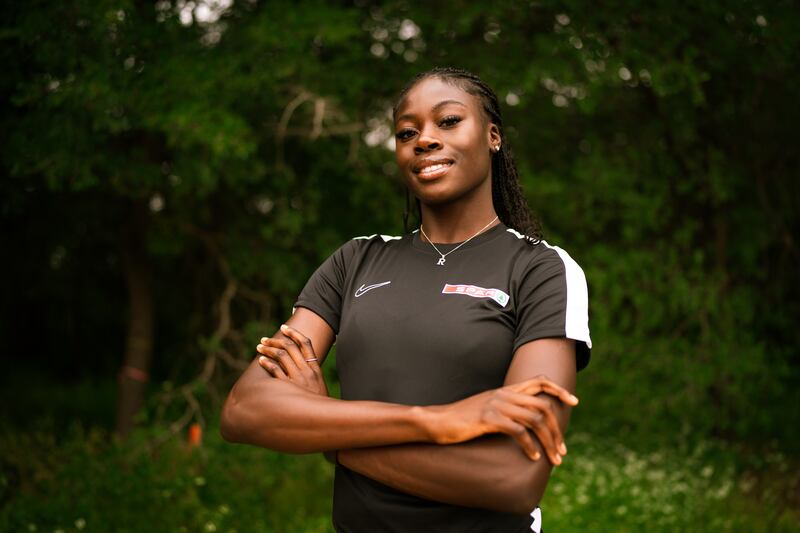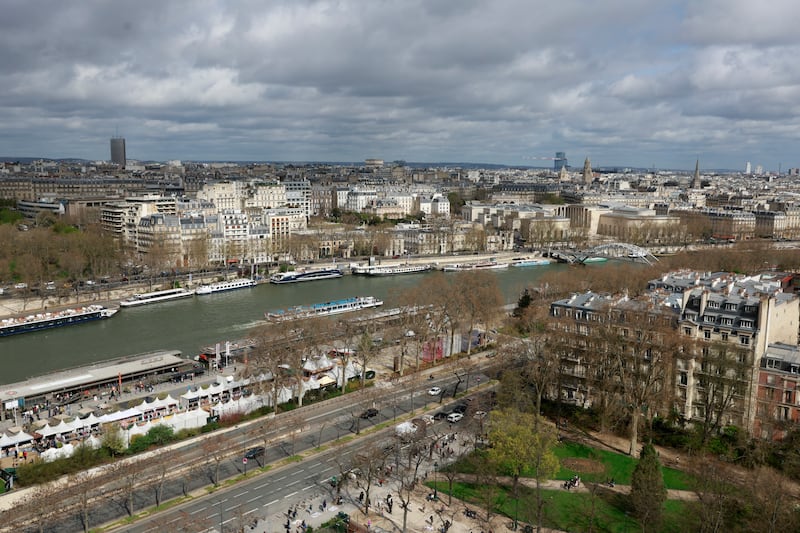IT has been a bumpy road alright, from bar-room brawls in Ballymena to the steps of the Christ the Redeemer statue overlooking Rio de Janeiro.
Few would have as much cause to really consider their own journey, their own road to redemption and reward, as they gaze down upon the City of God.
But Steven Donnelly must feel there is a higher power at work as he finds himself gearing up for an Olympic Games that, 10 months ago, could not have seemed further away.
The Irish News, November 20, 2015: “Boxing doesn’t even mean anything to me any more… I should be at the Olympics already, there’s no hunger there the way there was before.”
Former middleweight world title challenger turned talent scout Matthew Macklin was keen as mustard to get Donnelly over to his gym in Marbella. Another promoter was in touch from Canada, offering the world.
It didn’t matter, the fire had burnt out – and with good reason.
After excelling during the World Series of Boxing (WSB) the previous Spring, Donnelly had looked on course for one of the two Olympic spots at welterweight. Criss-crossing continents every fortnight fighting for the Poland Hussars team, he was beating all comers.
However, a visa mix-up in fight week two that was not of Donnelly’s making saw him leave Azerbaijan before he had even set foot outside the airport, never mind thrown a punch in anger.
He kept on winning, but losing that opportunity to secure crucial WSB points ate away. An already steep mountain had turned into Everest overnight.
In the end, despite winning five of his six fights, Donnelly narrowly missed out on qualification. Jet-setting here, there and everywhere in such a concentrated period took a physical toll, but it was the mental strain that did the most damage.
His welterweight rival Adam Nolan was selected for the inaugural European Games in Baku in June 2015. Considering Donnelly’s exertions in the months previous, that was understandable.
But when Nolan - despite returning from Baku empty-handed - was named as the 69kg pick for the European Championships in August, that was the final straw. To hell with Billy Walsh, to hell with the Olympics, to hell with boxing.
Again Nolan failed to reach the latter stages. The welterweight position was still unoccupied but when we spoke in lead up to the Irish Elite Championships towards the end of November, it was clear the prospect of starting all over again was as unappealing to Donnelly as a right hook to the solar plexus.
“I remember it as clear as yesterday, standing out the back of my girlfriend’s house chatting. I was wanting to say I would go pro or whatever, but I was gone. There was nothing there.
“You’re starting to think about life away from boxing – do I have to get up early for work now? Monday to Friday? No time to train, just work, work, work?
“I don’t want that life at all – I’m only good at boxing.”
As low ebbs go, it couldn’t get much worse, but then Donnelly had a bit of previous when it came to falling out of love with the sport.
At the 2010 Commonwealth Games in Delhi, Northern Ireland returned with five medals, including three gold. A 20-year-old Steven Donnelly, competing at his first major international tournament, returned in disgrace.
Beaten 10-0 in his first fight, things went from bad to worse when Donnelly and team-mate Tyrone McCullagh were sent home after hijinks in the Commonwealth village canteen.
“I lifted the chef’s hat off, messing about and laughing, and they reported us, saying we were drinking and all that. We were drinking, but I think they just wanted us sent home,” he recalls.
“I remember Mickey Hawkins taking a picture of me and Tyrone standing with our suitcases. You have to laugh about it now I suppose.”
What happened after his premature return from India, though, was no laughing matter. Having turned his back on boxing, Donnelly’s life descended into a self-destructive spiral from which he would only truly emerge, in a sporting sense, four years later at the same competition.
Heavy drinking, fights, regular run-ins with the law, court appearances – he had, by his own admission, lost control.
Only after apologising to All Saints Boxing Club coach Gerry Hamill was Donnelly welcomed back into the fold in 2013. He had the word ‘redemption’ tattooed on his left arm as a constant reminder of where he had been, and where he wanted to get to.
Memories of Delhi were put to bed when he won Commonwealth bronze in 2014. The Olympics in Rio was next on the radar but, after coming so close, he could feel things slipping again.
Going to the same old bars in Ballymena, seeing the same old faces. It was a bad place to be.
But then, less than a fortnight after speaking so unconvincingly about his future options in the sport, fate intervened to change Steven Donnelly’s life forever.
It all started with a bit of digging from Joe O’Neill at popular website irishboxing.com, and he informed Donnelly that his Olympic dream may not be dead after all.
As it turned out, the number one ranked welterweight in the WSB, Morocco’s Mohammed Rabii, won the gold medal at the World Championships which earned him a place in Rio. So, like Donnelly’s Irish team-mate Michael Conlan, Rabii had qualified twice for Rio.
The governing body of world boxing, AIBA, ruled that boxers who qualified for Rio at the World Championships had to take up that slot, which effectively moved Donnelly up to third place in the WSB rankings.
Then in another twist two Russian boxers qualified in the welterweight category for Rio - Radzhab Butaev, who finished second in WSB and Andrey Zamkovoy, who qualified via the AIBA Pro Boxing series.
Each country is only allowed one boxer per weight division and the Russian pair found themselves on opposite sides of the draw at the Russian championships in Samara to decide who would go.
Donnelly found himself scratching around for live feeds, using Google Translate to try and make sense of the Russian boxing website, all in the hope that Zamkovoy would finish top of the pile.
Of course, Butaev and Zamkovoy both advanced to the final, making their fight essentially an unofficial Olympic box-off – and one that affected three people, not just two.
“They both kept winning, then they got to the final and I thought ‘here we go’,” recalls Donnelly.
“It all came down to that nine minutes…”
Sunday, November 29 2015. Samara is three hours ahead, and Butaev and Zamkovoy were due in at 9am Irish time. The computer was ready, a candle was lit – it was in the hands of the gods now.
Without the aid of English commentary, it was hard for Donnelly to tell who was winning but, perhaps because he so wanted it to happen, he gave Zamkovoy the edge.
The final bell sounded, and then...
“Zamkovoy got the decision, I couldn’t believe it. I still can’t believe it.
“When his hand was raised, I got butterflies the whole way through my body – it just lasted for a few seconds, but what a feeling. I was emotional too, I didn’t know what to do with myself.
“After that I was getting phone calls from everyone, coaches in Dublin and all, whereas before I wasn’t getting calls from no-one.”
Although he rarely strays too far above the welterweight limit, Donnelly suddenly found himself miles behind his team-mates in terms of fight fitness and ring sharpness.
Christmas was swiftly cancelled, night outs shelved. Donnelly has since left Ballymena behind, dividing his time between the National Sports Campus in Dublin, Jordanstown and his girlfriend’s house in county Down.
Living the life of a monk, barring the odd bun, has worked wonders. He is honest enough to acknowledge there will always be a part of him that would love to be out on the beer, and never moreso than during the European Championships in June.
Now 27, though, it’s do or die. There’s no going back.
“They’re all in the memory bank, those bad moments. This night, that night, another night, flashbacks of what I was doing.
“I use that as my motivation when I’m training, ‘do you want to go back there?’ No, do another round on the bags.
“I just keep pushing myself every day. Every time I wake up for training I say ‘right, that’s it, the Olympics are just around the corner, you’ve only one chance at this’.”
Walking out at the 9,000 capacity Riocentro pavilion in the suburb of Barra tomorrow, a boyhood dream will become reality. Algeria’s Zohir Kedache stands between him and a quarter-final spot, but Donnelly wants to be there when the medals are handed out.
Looking out over Rio de Janeiro, thinking about how he got here, it feels like destiny. How could it not? Now Steven Donnelly just has to go out and show the world that miracles can happen.
